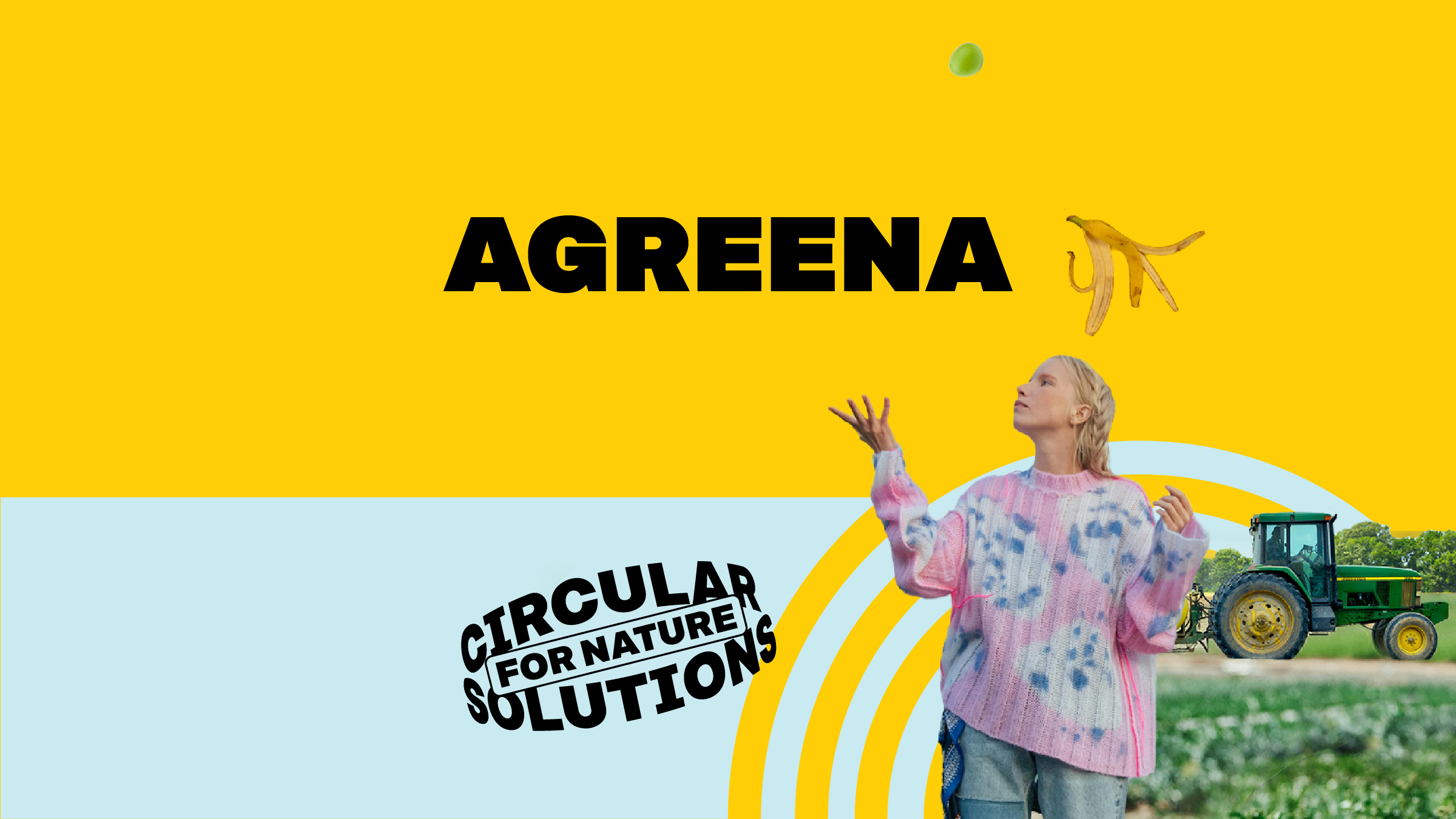Problem
Conventional farming practices can contribute significantly to greenhouse gas emissions, pollution and soil degradation. On-farm biodiversity loss, which affects soil in particular, is a problem in terms of both productivity and downstream eutrophication, resulting from fertiliser run-off. Farmers face challenges in transitioning to regenerative agriculture owing to financial constraints and the lack of robust monitoring mechanisms. This presents a barrier to unlocking the potential of croplands as natural carbon reservoirs and more biodiverse, resilient ecosystems.
Solution
Agreena’s soil carbon platform is a tool that supports farmers aiming to transition to regenerative agriculture. The platform includes advanced technologies such as satellite data, remote sensing and machine learning for in-field monitoring and verification of agricultural practices and outcomes. By connecting farmers to the voluntary carbon market, Agreena helps reduce the costs and risks related to the regenerative agriculture transition. The platform is a solution for carbon markets, agri-food businesses, public authorities and NGOs, allowing them to verify farm data, manage supply chains and target support programmes.
Regenerative agriculture has a vast potential from both a climate and biodiversity perspective. According to a Sitra study, it can deliver 5% of the biodiversity recovery in a circular 2050 scenario. However, to untap this potential, it is key to move from unsubstantiated claims to quantifying location-specific impacts
Riku Sinervo and Tim Forslund, Sitra
Biodiversity impacts
Regenerative agriculture has numerous positive biodiversity impacts, enabling less pollution and healthier soils, as well as water retention and reduced erosion. Soil is the world’s second-largest carbon sink, and by transitioning to farming practices in line with regenerative agriculture, farmers can reduce their carbon footprint and restore degraded soils as natural carbon reservoirs. Agreena’s soil carbon platform and fintech solutions have supported farmers with the conversion of more than two million hectares of arable farmland across 18 European countries.
Benefits for the company
Agreena’s soil carbon platform is internationally accredited and uses an IPCC-aligned scientific methodology. The company’s fintech solutions offer economic benefits to their clients, namely farmers, while the carbon removal achieved contributes to tackling climate change. Agreena operates internationally and has business opportunities beyond the carbon market to support NGOs, the agrifood industry, businesses and policymakers.


































